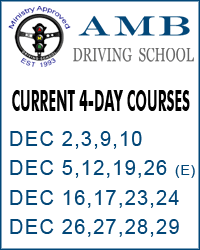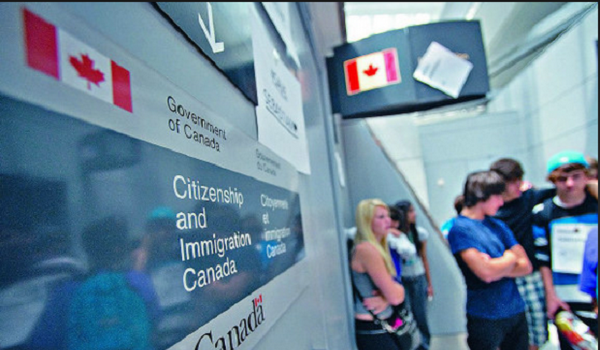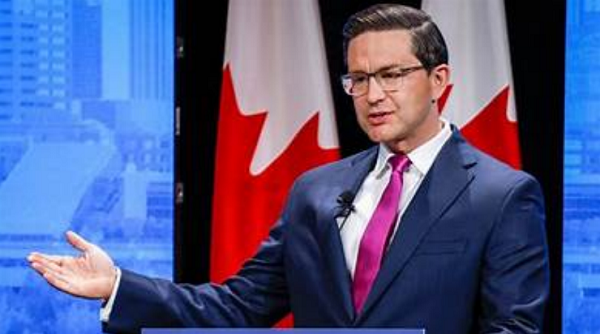Ottawa warns Canadians against traveling to Guyana amid border dispute referendum in Venezuela
Amid a referendum that will see Venezuelans asked about the future of a chunk of neighbouring Guyana that Venezuela currently claims ownership over, Canada has adjusted its travel advisory to warn travelling in Guyana near the border.
On Friday, the federal government updated the travel advisory for Canadian travellers in Guyana, which currently warns Canadians to “exercise a high degree of caution,” citing Sunday’s referendum as a cause for concern.
“The security environment could deteriorate at the border between Venezuela and Guyana due to the ongoing discord over the Guyana Essequibo region and the upcoming referendum in Venezuela on December 3, 2023,” the advisory update states.
The advisory added that those who do choose to travel in the Guyana Essequibo region near the border with Venezuela should remain cautious, monitor local media for updates and follow instructions from any local authorities.
Sunday’s vote, which will ask Venezuelans whether they support establishing a state in the disputed territory of Essequibo, which makes up two-thirds of Guyana’s land mass.
Guyana says it sees the referendum as a step towards annexation and had previously asked the International Court of Justice to order Venezuela to halt parts of the vote.
While the court has not halted the vote, it did order Venezuela on Friday not to take any action that would alter Guyana’s control over Essequibo, with international court president Joan E. Donoghue saying that statements from Venezuela government suggest it “is taking steps with a view toward acquiring control over and administering the territory in dispute.”
Venezuela has disputed Guyana’s ownership of the Essequibo region for more than 100 years. The region was within Venezuela’s boundaries during the Spanish colonial period, but Essequibo became part of Guyana in 1899 when international arbitrators agreed upon borders, back when Guyana was still a British colony. Venezuelan officials maintain that a 1966 agreement to resolve the ongoing border dispute makes the 1899 arbitration null and void.
Inflaming the dispute is the fact that Essequibo, a region larger than Greece, is rich in minerals and provides access to an area of the Atlantic Ocean where oil was found in 2015.
The referendum consists of five questions, one of which is whether or not voters agree to reject the 1899 boundary drawn up by the United Nations’ top court. The practical and legal implications of the referendum are still unclear.
Venezuela is already flagged as “avoid all travel” by Canada, with the Canadian travel advisory citing violent crime, “unstable political and economic situations,” and shortages in medicine, fuel and water.
On the travel advisory for Guyana, the Canadian government says that there are no official border crossings between Guyana and Venezuela, and that areas near the border “can be dangerous due to cross-border, gang-related violence.” Prior to Friday’s update about elevated concerns around the border, Guyana was already marked as “exercise a high degree of caution,” largely due to high crime rates.
The travel advisory suggests that Canadians in Guyana only use the official border crossings with Brazil and Suriname.
This article was reported by CTV News
















